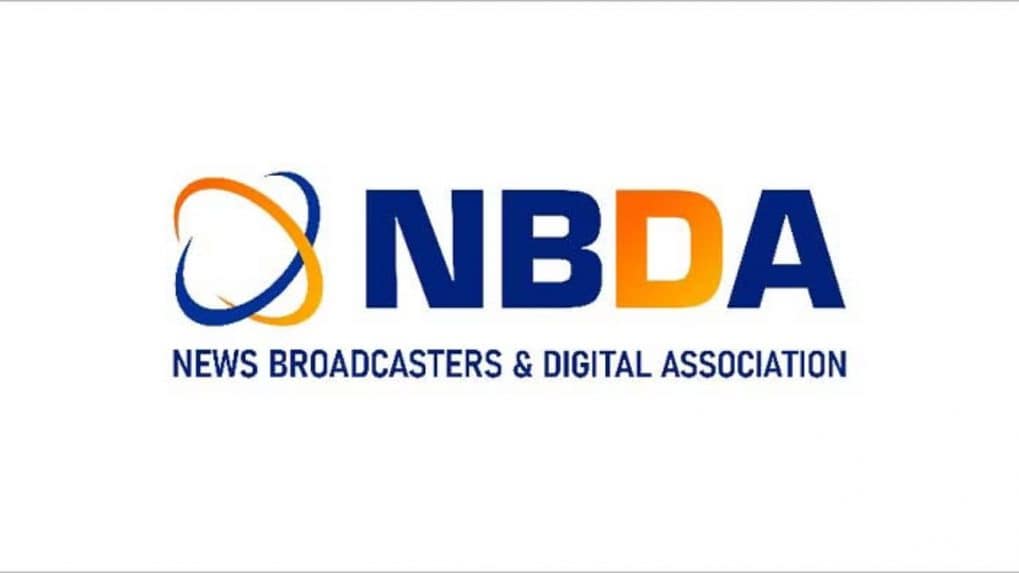How it Works
WPP, Havas, Omnicom: Are advertising’s biggest holdcos recasting agencies as AI Operating Systems?

The News Broadcasters & Digital Association (NBDA), India’s apex body for television and digital news broadcasters, has submitted a detailed set of recommendations to Prasar Bharati, urging the public broadcaster to revamp its e-auction methodology for allotting slots on the DD Free Dish direct-to-home (DTH) platform.
NBDA welcomed the consultation process as an opportunity to bring constructive changes to the auction system and stressed that a new framework must be transparent, equitable, and robust — one that upholds Prasar Bharati’s statutory mission of public service broadcasting.
At the core of NBDA’s submission was a call for enhanced transparency. The association recommended that before any auction begins, Prasar Bharati must disclose:
The total number of slots available during the auction and the number of slots left before each round.
A complete list of applicants, categorized by their respective genre “buckets.”
A final list of all eligible and ineligible applicants.
According to NBDA, the absence of this information leaves bidders in a state of uncertainty, promoting “speculative bidding” and creating a non-level playing field. “A fair and efficient auction requires that all participants have access to the same crucial information,” the association said, warning that the current process generates artificial scarcity, leading to inflated bids and unequal outcomes for similarly placed broadcasters.
NBDA strongly objected to the practice of rejecting applicants in the middle of an auction. It argued that all screening and eligibility checks should be completed before the process begins. This, the body said, would ensure procedural fairness and prevent last-minute disruptions that disadvantage certain participants.
One of NBDA’s biggest demands is for greater representation of news channels on DD Free Dish. Historically, between 12–13 news channels have been accommodated on the platform. NBDA has now asked Prasar Bharati to reserve at least 14 MPEG-2 slots for news and current affairs broadcasters.
It argued that this step would correct the demand-supply imbalance, reduce inflated auction costs, and give viewers a wider choice of perspectives. The request, NBDA pointed out, is justified because news channels constitute nearly 40% of all channels permitted for downlinking by the Ministry of Information and Broadcasting (MIB).
Moreover, the association urged Prasar Bharati to revisit the reserve price of ₹7 crore for news channels, which it said is prohibitively high and ignores their vital public service role. “Treating News channels (Bucket C) as purely commercial entities subject to a high reserve price ignores their vital contribution to democracy and governance,” NBDA argued.
The association underlined the precarious financial health of news broadcasters, many of whom are grappling with rising operational costs, declining advertising revenue, and the challenge of competing with digital platforms.
It warned that the elevated bids required to secure DD Free Dish slots not only strain news broadcasters but also have a ripple effect on the entire distribution ecosystem. Private distributors, NBDA said, often cite Free Dish auction prices as a benchmark to raise their own carriage fees, compounding the financial burden on news channels.
To address the shortage of slots, NBDA proposed increasing DD Free Dish’s MPEG-2 channel capacity by:
Adding a new transport stream, and
Converting some of the 25 currently unutilized MPEG-4 slots into MPEG-2.
This, the association explained, would be a practical interim solution since MPEG-2 channels remain universally compatible with all set-top boxes. Such a move would enable more broadcasters, particularly news channels, to reach the millions of households that depend on Free Dish, especially in rural and media-dark regions.
NBDA also pressed Prasar Bharati to commission a scientific study of DD Free Dish viewership, arguing that robust empirical data is crucial for both policymakers and broadcasters. Such data would not only provide clarity on market penetration but also inform investment decisions and long-term growth strategies for the platform.
NBDA reminded Prasar Bharati of its statutory duty to safeguard citizens’ right to information under Article 19(1)(a) of the Constitution. It cautioned against designing auction frameworks primarily to maximize revenue, emphasizing instead that they should be guided by public interest, transparency, fairness, and consumer rights.
The body also suggested creating a dedicated cluster for news channels on the Free Dish platform, arranged sequentially by genre and language, to enhance discoverability and viewer convenience.
NBDA requested that Prasar Bharati publish the revised draft of the e-auction policy, along with an explanatory memorandum, and convene a meeting with stakeholders before finalizing changes. Such dialogue, it said, would foster openness and strengthen trust in the process.
From purpose-driven work and narrative-rich brand films to AI-enabled ideas and creator-led collaborations, the awards reflect the full spectrum of modern creativity.
Read MorePraveen Someshwar, Managing Director and CEO of Diageo India, joins the Grand Jury of the Storyboard18 Awards for Creativity, highlighting the awards’ focus on work that blends cultural relevance with strategic and commercial impact.